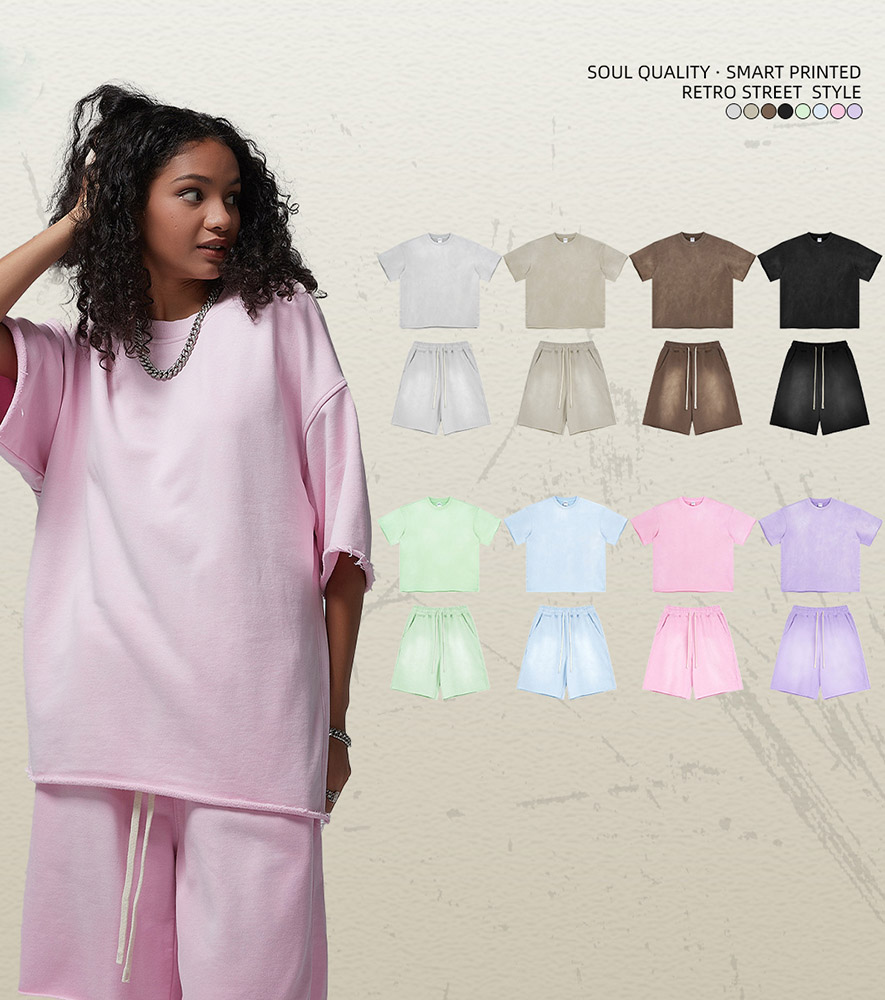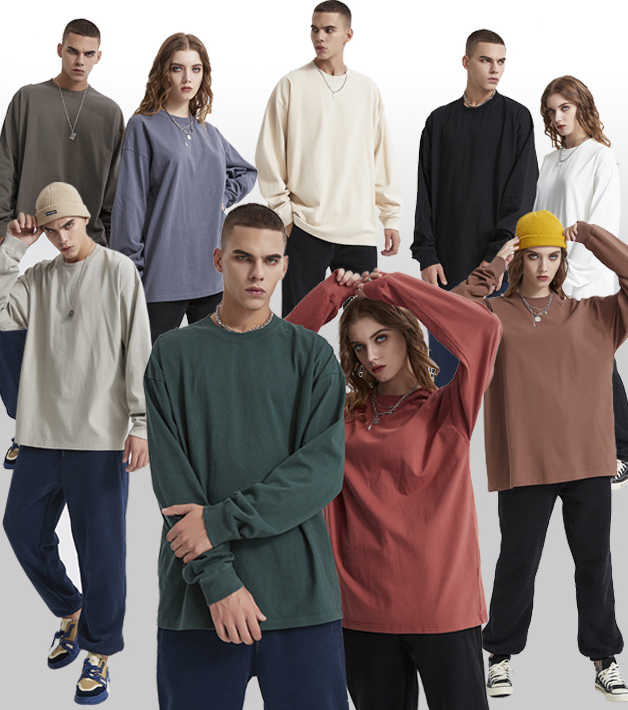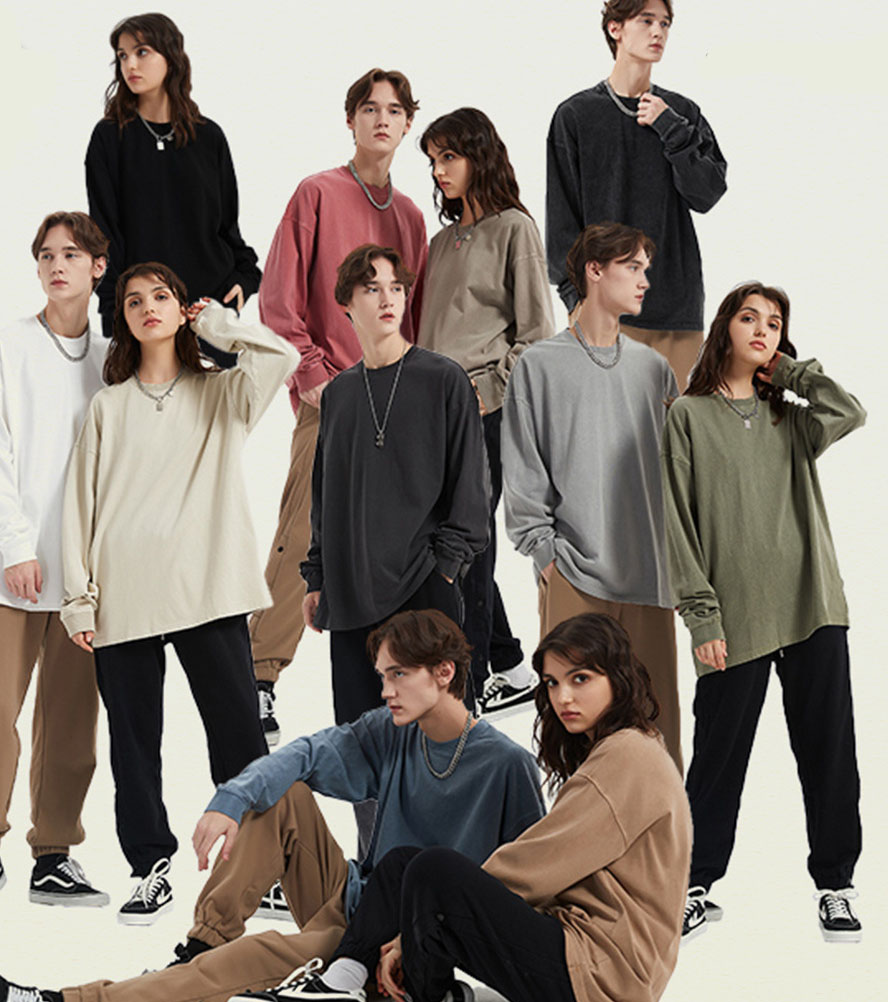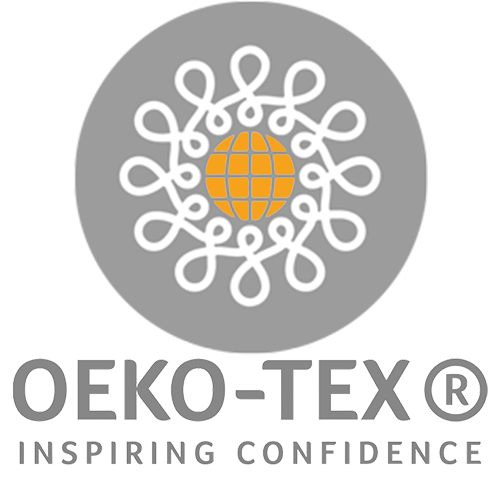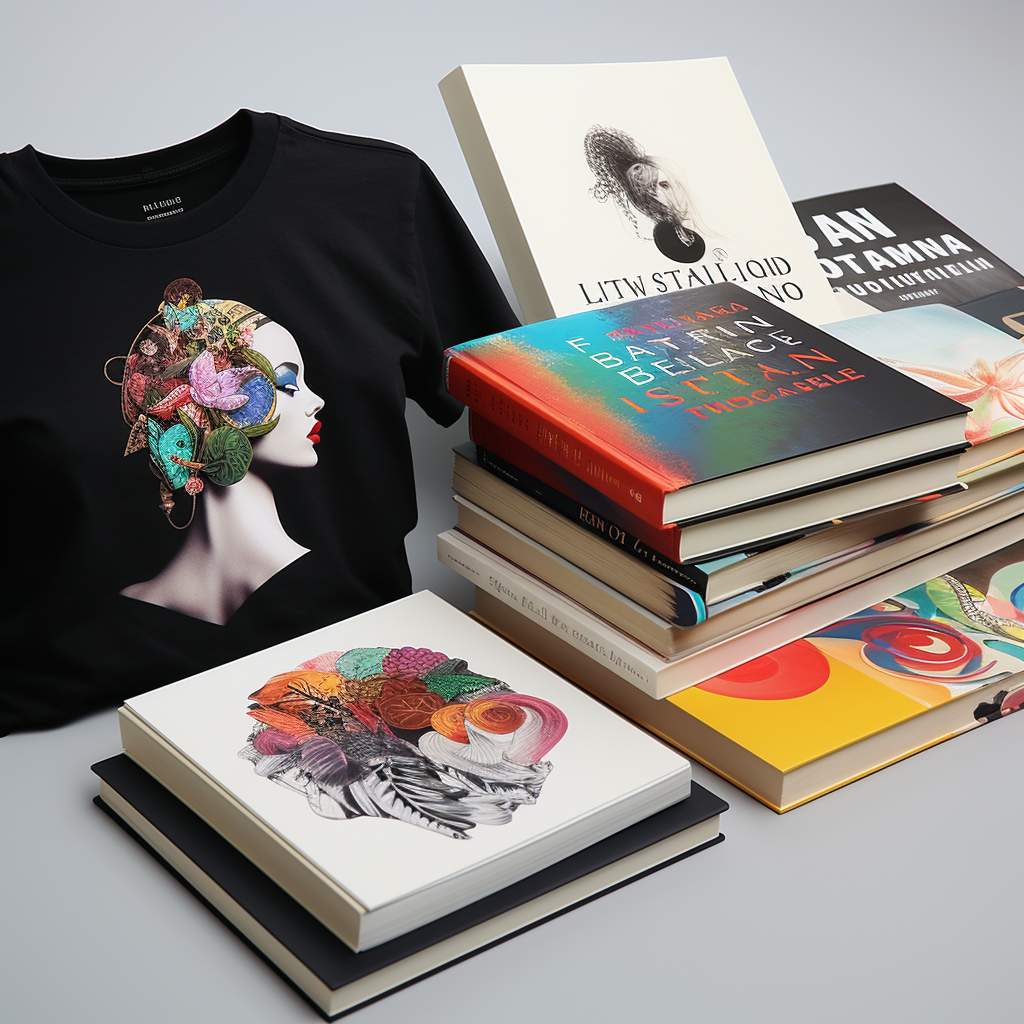Delhi’s vibrant fashion industry makes it a strategic launchpad for new clothing brands. Entrepreneurs are drawn by the city’s combination of skilled manufacturers, access to diverse consumer markets, and a long-standing tradition in both ethnic and modern fashion. Yet starting a clothing business in Delhi requires more than just a creative idea. Success depends on understanding the local ecosystem, building the right partnerships, and managing every step—from design to delivery—with precision.
Launching a clothing business1 in Delhi means navigating a market that’s fast-paced, trend-sensitive, and highly competitive. A winning strategy blends strong market research2, robust legal compliance3, smart design choices4, and a well-managed manufacturing process. Brands that master these elements can quickly earn customer trust and establish a lasting presence in one of India’s most influential fashion hubs.
This guide will walk you through every critical stage, from niche discovery and legal setup, to design, manufacturing, quality control, and smart marketing. Whether you’re a first-time entrepreneur or expanding your brand into Delhi, these practical steps will help you build a sustainable and standout clothing business.
What Are the First Steps to Launching a Clothing Business in Delhi?

Fabric quality inspection
Before investing in production, it’s essential to research Delhi’s unique fashion landscape and clearly define your business’s purpose and positioning. The local market is shaped by a young, urban demographic and rapid trend cycles, meaning brands must offer something distinctive to stand out.
Identifying the right niche and target market is the foundation of a successful launch. In Delhi, this often means combining insights from local street style, ethnic preferences, and emerging lifestyle trends. Brands that listen to their audience and stay agile are more likely to thrive.
To build credibility and avoid legal setbacks, new businesses also need to complete all required registrations and licensing. This process not only protects your brand, but also enables you to work with reputable suppliers and retailers throughout the supply chain.
How Do You Identify Your Niche and Target Market in Delhi’s Fashion Industry?
Understanding your audience is the first key to success. Delhi’s fashion buyers are diverse—ranging from college students looking for affordable streetwear, to professionals investing in premium ethnic or fusion styles. Analyze trends in local retail districts, online marketplaces, and social media to spot gaps and rising demand.
Focusing on a niche allows your brand to offer real value. For example, some of Delhi’s fastest-growing clothing labels specialize in eco-friendly materials, size inclusivity, or culturally inspired designs that reflect the city’s dynamic spirit.
What Legal Registrations and Licenses Are Required to Start a Clothing Business in Delhi?
To operate legally and avoid complications later, founders must register their business entity (such as sole proprietorship, partnership, or private limited company) with the appropriate authorities. Additional requirements include:
| Registration/License | Purpose | Where to Apply |
|---|---|---|
| GST Registration | Mandatory for taxation and billing | GST Portal (Government of India) |
| Trade License | Legitimizes business activity in the city | Local Municipal Corporation |
| Shops & Establishments Act | Regulates working conditions and hours | State Labor Department |
| Trademark Registration | Protects brand name and logo | Intellectual Property Office |
Ensuring compliance at the outset enables smoother collaboration with manufacturers and provides confidence to both wholesale and retail buyers.
How to Design and Develop Your Clothing Line for the Delhi Market?
Creating a clothing line that resonates in Delhi involves more than following global fashion trends. Brands must balance creativity with practicality, adapting to the tastes and lifestyle of Delhi’s consumers.
Successful design starts with researching what local shoppers want and forecasting which styles will gain momentum. Whether launching a westernwear label or a modern ethnic line, your approach should reflect both individuality and wearability.
Investing in original, quality-driven designs not only attracts attention, but also helps your brand avoid the price wars common in mass-market segments.
What Are the Latest Fashion Trends and Consumer Preferences in Delhi?
Delhi consumers often lead the way in adopting new styles, thanks to the city’s mix of tradition and modernity. Current trends include:
- Fusion fashion, blending ethnic and contemporary elements
- Sustainable fabrics and eco-conscious collections
- Versatile pieces suitable for both work and casual wear
- Bold prints, statement colors, and personalized accents
Brands that monitor social media, influencer content, and flagship store launches can better predict and react to these changing tastes.
How Can You Create Unique Designs that Stand Out in Delhi’s Competitive Market?
Originality is rewarded in Delhi’s fashion scene. Designers should invest time in developing collections that reflect both current trends and unique brand stories. Techniques such as hand-embroidery, surface ornamentation, or innovative cuts help products stand out on crowded shelves.
Prototyping and testing with a small focus group—either through pop-ups or online polls—can offer valuable feedback before committing to full-scale production.
How Do You Find and Work with Reliable Apparel Manufacturers in Delhi?

Partnering with the right manufacturer is crucial for delivering consistent quality and meeting production timelines. Delhi is home to thousands of apparel suppliers, from small artisan workshops to large export-focused factories. Not all are equal, so due diligence is essential.
The best manufacturing partners understand your vision, communicate clearly, and have a proven record of ethical and timely delivery.It’s wise to build relationships with suppliers who can scale with your brand as it grows, and who offer transparency about processes, costs, and compliance.
What Are the Best Ways to Source Trusted Apparel Manufacturers in Delhi?
While online directories and B2B platforms are helpful starting points, the most reliable results come from:
- Visiting garment clusters in person (such as Okhla, Gandhi Nagar, or Karol Bagh)
- Attending local trade shows and textile expos
- Seeking referrals from industry professionals or existing brands
- Requesting factory tours and meeting the management team
These methods allow you to assess not just capacity, but also the work environment and quality control standards firsthand.
How Can You Assess Quality, Production Capacity, and Pricing from Delhi-Based Manufacturers?
Begin by reviewing product samples and inspecting production lines. Ask for documentation on past orders, compliance certifications, and client references. For pricing, clarify the breakdown of costs—material, labor, trims, and logistics—to ensure transparency.
| Assessment Area | What to Check |
|---|---|
| Product Quality | Sample reviews, finishing, fabric consistency |
| Production Capacity | Daily/monthly output, flexibility for order sizes |
| Compliance & Certifications | Audits (e.g. Sedex, ISO), client testimonials |
| Pricing Structure | Cost breakdowns, transparency in MOQs and changes |
It’s also important to discuss minimum order quantities (MOQs), lead times, and flexibility for scaling production. Setting clear agreements and communicating your standards reduces the risk of delays or inconsistent results.
What Are the Key Steps in Managing Production and Quality Control?
Managing production is a proactive, hands-on process that requires attention at every stage. From tech pack creation to final inspection, brands must work closely with manufacturers to uphold quality and minimize costly mistakes.
Effective quality control is built on regular communication, clear documentation, and a willingness to address issues early. Brands that visit factories, conduct in-process checks, and maintain strong relationships with production teams are more likely to deliver products that meet market expectations.
How Should You Communicate Requirements and Expectations to Apparel Manufacturers in Delhi?
Start with detailed tech packs and style sheets, specifying measurements, materials, finishing, and packaging. Maintain regular updates—through site visits, video calls, or written reports—to track progress and address challenges as they arise.
Open, respectful communication encourages accountability on both sides and makes it easier to resolve potential misunderstandings before they escalate.
What Quality Assurance Measures Should Be in Place During Production?
Best practices for quality control include:
- Pre-production sampling and approval
- Mid-production (inline) checks to identify problems early
- Final inspections before shipping
- Third-party audits if required by buyers or retailers
Clear procedures for handling defects or rework will protect your brand and reduce waste.
How Do You Successfully Launch, Market, and Grow Your Clothing Business in Delhi?

A successful launch in Delhi is about more than getting your product into stores. It’s about building brand recognition, cultivating loyal customers, and adapting to feedback from a fast-evolving market. Local consumers are both style-conscious and value-driven, so storytelling, trust, and product quality all play crucial roles.
Growth comes from a balanced strategy—mixing digital innovation, strong retail relationships, and a willingness to evolve with consumer trends. Brands that engage directly with shoppers and stay visible, both online and offline, are better positioned for long-term success.
What Marketing Strategies Work Best for Clothing Brands in Delhi?
Brand awareness is often built through a mix of:
- Social media campaigns on platforms like Instagram and Facebook
- Pop-up events, exhibitions, and fashion shows
- Collaborations with influencers and local celebrities
- Strategic discounts and loyalty programs
Consistent messaging, creative visuals, and regular engagement can turn first-time buyers into brand advocates.
How Can You Leverage Digital Platforms and Retail Partnerships for Business Growth?
Delhi’s digitally connected audience makes e-commerce a powerful tool. Launching your own web store, partnering with established online marketplaces, and using digital advertising can help you reach new customers beyond physical retail.
Retail partnerships—with both multi-brand stores and established chains—provide opportunities for wider distribution and increased credibility. Successful brands often combine online and offline channels for maximum visibility.
Conclusion
Launching a clothing business in Delhi is both an exciting and challenging journey. Success comes from a clear market focus, legal preparedness, thoughtful design, strong manufacturing partnerships, and consistent quality control. As you enter one of India’s most influential fashion markets, blending innovation with local insights will set your brand apart and help you achieve lasting growth.
-
Explore this resource to understand the essential steps and strategies for launching a successful clothing business. ↩
-
Understand why market research is crucial for success in the competitive fashion industry. ↩
-
Get informed about the necessary legal registrations and licenses for starting a clothing business. ↩
-
Explore effective design strategies that resonate with consumers in the fashion market. ↩




